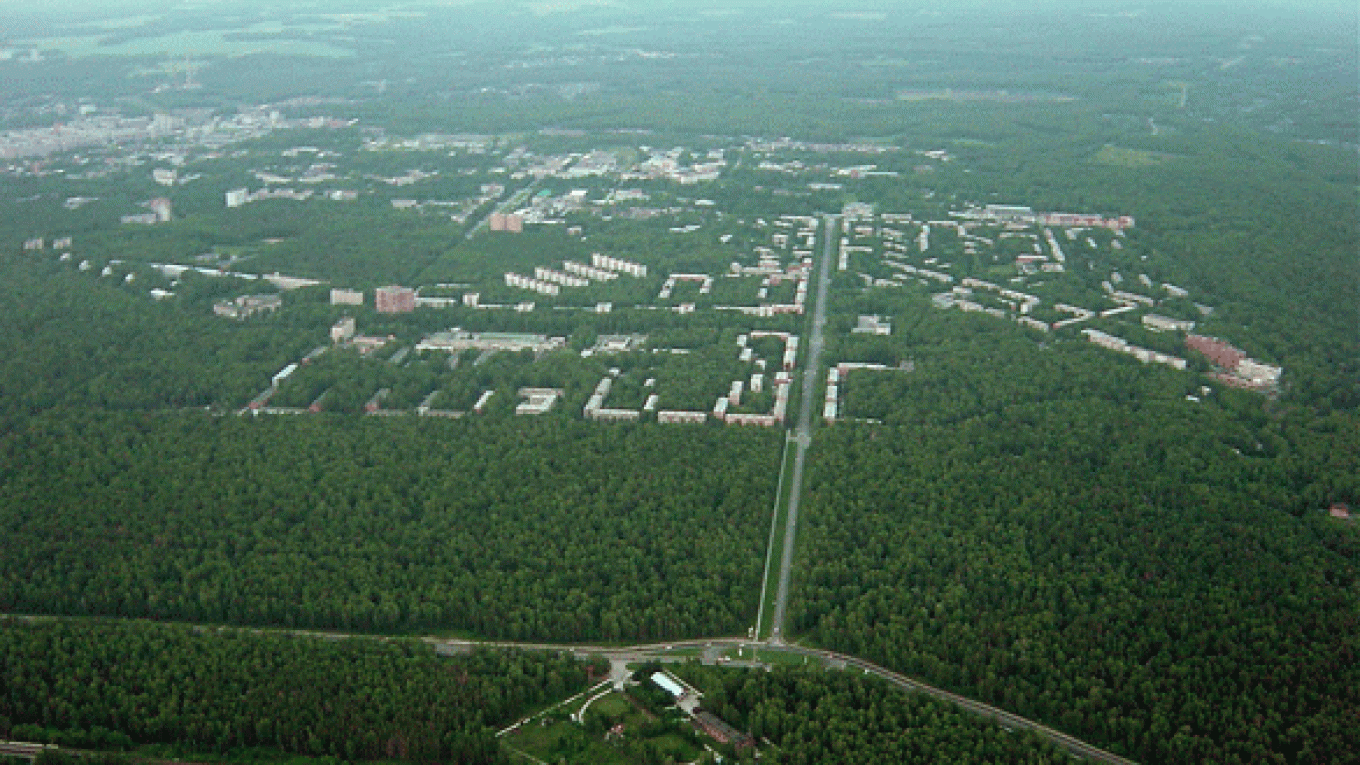The Russian Housing Development Foundation will transfer 153 hectares of federal land in Novosibirsk to a cooperative of young scientists. The land, which is near the well-known scientific town Akademgorodok, is expected to be the site for 1 million square meters of housing.
Social services such as kindergartens and transportation are also included in the academy's plan.
"This closed cooperative will allow us to recreate the conditions that existed when these academic cities were built — will allow us to concentrate scientific colleagues on a small plot of land where they will interact among themselves," said Andrei Matveyev, chair of the Siberian branch of the young scientists' council.
The pilot project could be replicated on other academy lands if it is successful, said Vera Mysina, chair of the council. Yekaterinburg, Vladivostok and the central region are under consideration for future projects.
The Duma is currently deliberating changes to a law that will allow the foundation to transfer federal lands to scientist cooperatives without competition or compensation. The amendments went through a first reading last week.
Housing and low salaries are the two key problems for young scientists, Matveyev said. The Novosibirsk settlement will offer them housing at a cost of no more than 30,000 rubles ($1,010) per square meter.
The 960 scientists who qualified for this offer were selected based on their age and ability to cover some of the costs of the project.
"This project is not for those that have nothing," Matveyev explained. "It is for specialists who have some savings and a stable salary in the range of 35,000 rubles."
Three hundred scientists did not meet the criteria.
Alexei Fursin, the foundation's deputy general director, said that anti-speculation measures will be incorporated into the law to make sure that scientists don't sell the land to outsiders.
Scientists will get discount mortgage rates to pay for the project, said Tatyana Fainblat, director at the state-owned Mortgage Lending Agency. Credit rates will be under the market average of 11 percent, although the agency won't name specific amounts until September.
But even with special financing, scientists could struggle to pay for the project.
The foundation will cover the cost of town-planning documentation and external utility links needed for the settlement while scientist cooperatives will pay for project documentation, utility connections within the town and housing construction.
The project documentation alone is expected to cost the scientists 500 to 700 rubles per square meter, said Alexei Shepel, chair of S.Holding Corporation. Shepel estimated that the cooperative would need 500 million to 700 million rubles just to prepare the paperwork.
Scientists are also concerned about other hidden costs of the project. Yakov Greenberg, professor at the Novosibirsk State Technical University, said new housing in the city often requires additional finishing work, which could cost young scientists thousands of rubles.
"In the newly built apartments there are no furnishings, bathrooms, nothing. It is just a box," Greenberg said. "Before moving into this apartment, you must spend a lot on repairs, and mortgage loans, of course, don't cover these additional expenses."
The number of scientists in scientific towns in Russia has declined over the past 20 years, and Matveyev estimated that no more than 30 percent of current residents are actually scientists. He said he hopes that the pilot project will reconnect the scientific community.
"If we can do it, I think it will be fantastic," Matveyev said.
A Message from The Moscow Times:
Dear readers,
We are facing unprecedented challenges. Russia's Prosecutor General's Office has designated The Moscow Times as an "undesirable" organization, criminalizing our work and putting our staff at risk of prosecution. This follows our earlier unjust labeling as a "foreign agent."
These actions are direct attempts to silence independent journalism in Russia. The authorities claim our work "discredits the decisions of the Russian leadership." We see things differently: we strive to provide accurate, unbiased reporting on Russia.
We, the journalists of The Moscow Times, refuse to be silenced. But to continue our work, we need your help.
Your support, no matter how small, makes a world of difference. If you can, please support us monthly starting from just $2. It's quick to set up, and every contribution makes a significant impact.
By supporting The Moscow Times, you're defending open, independent journalism in the face of repression. Thank you for standing with us.
Remind me later.


